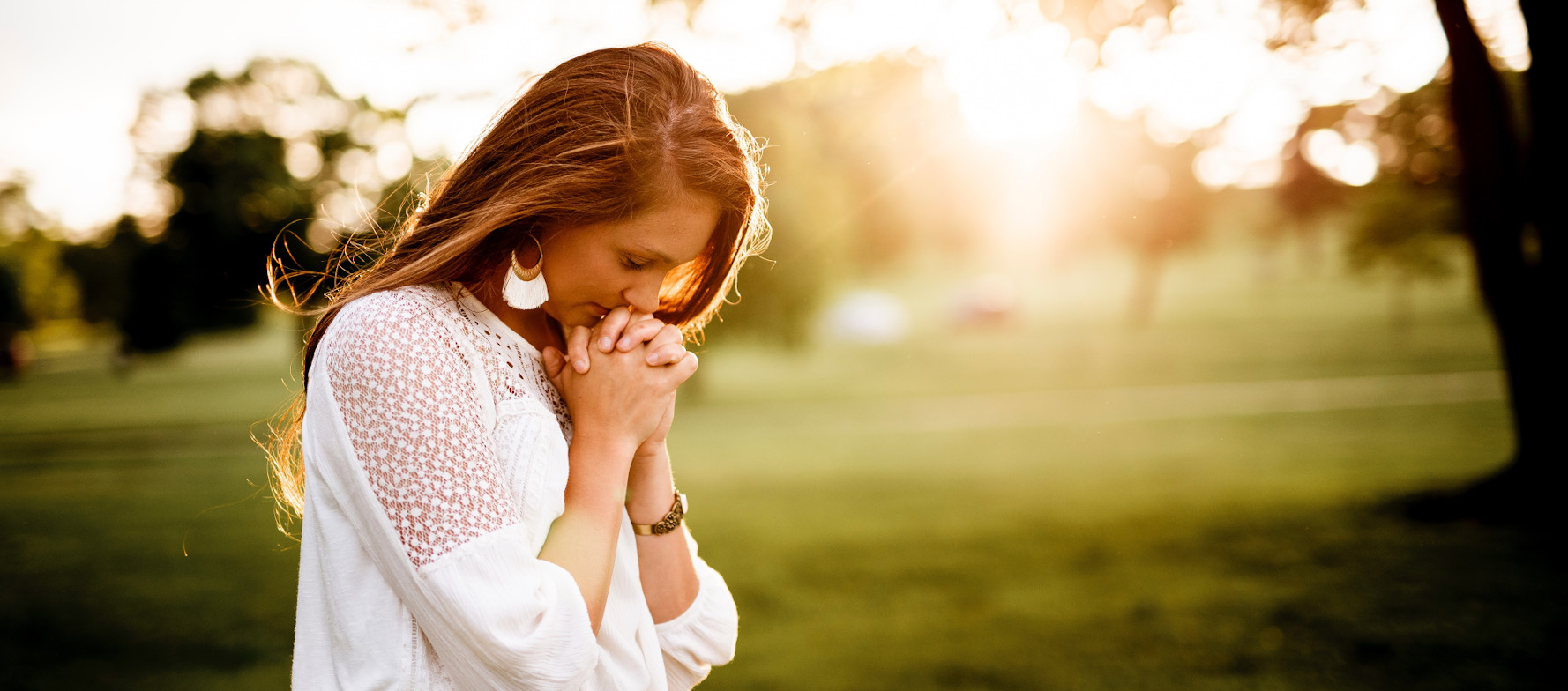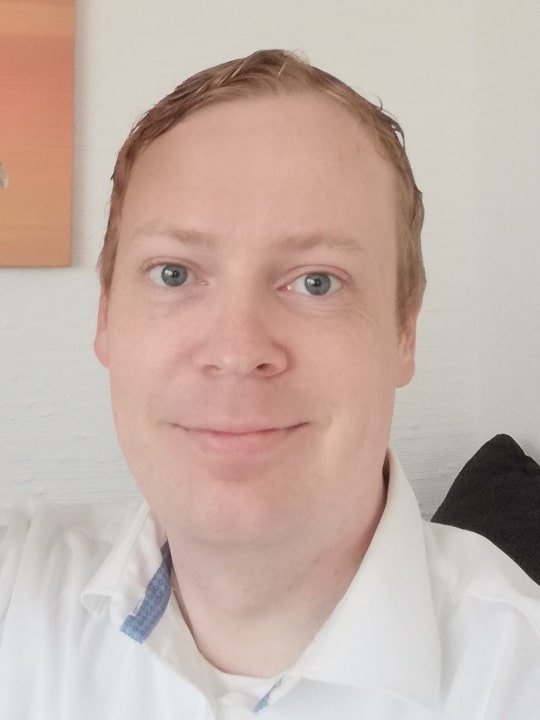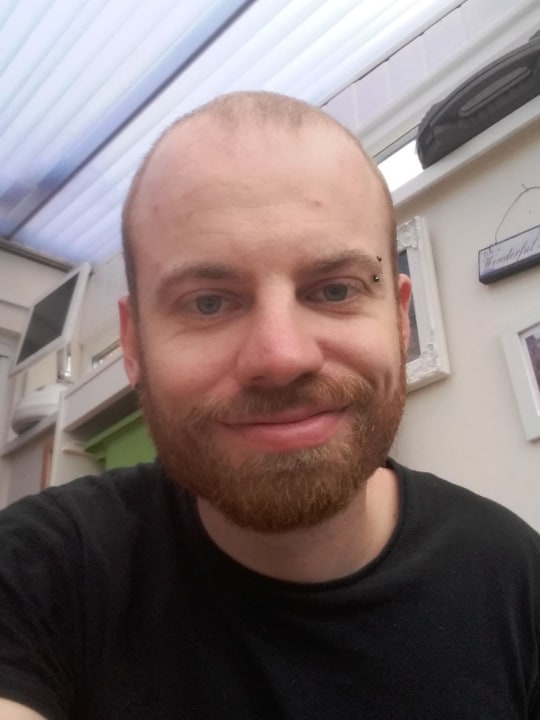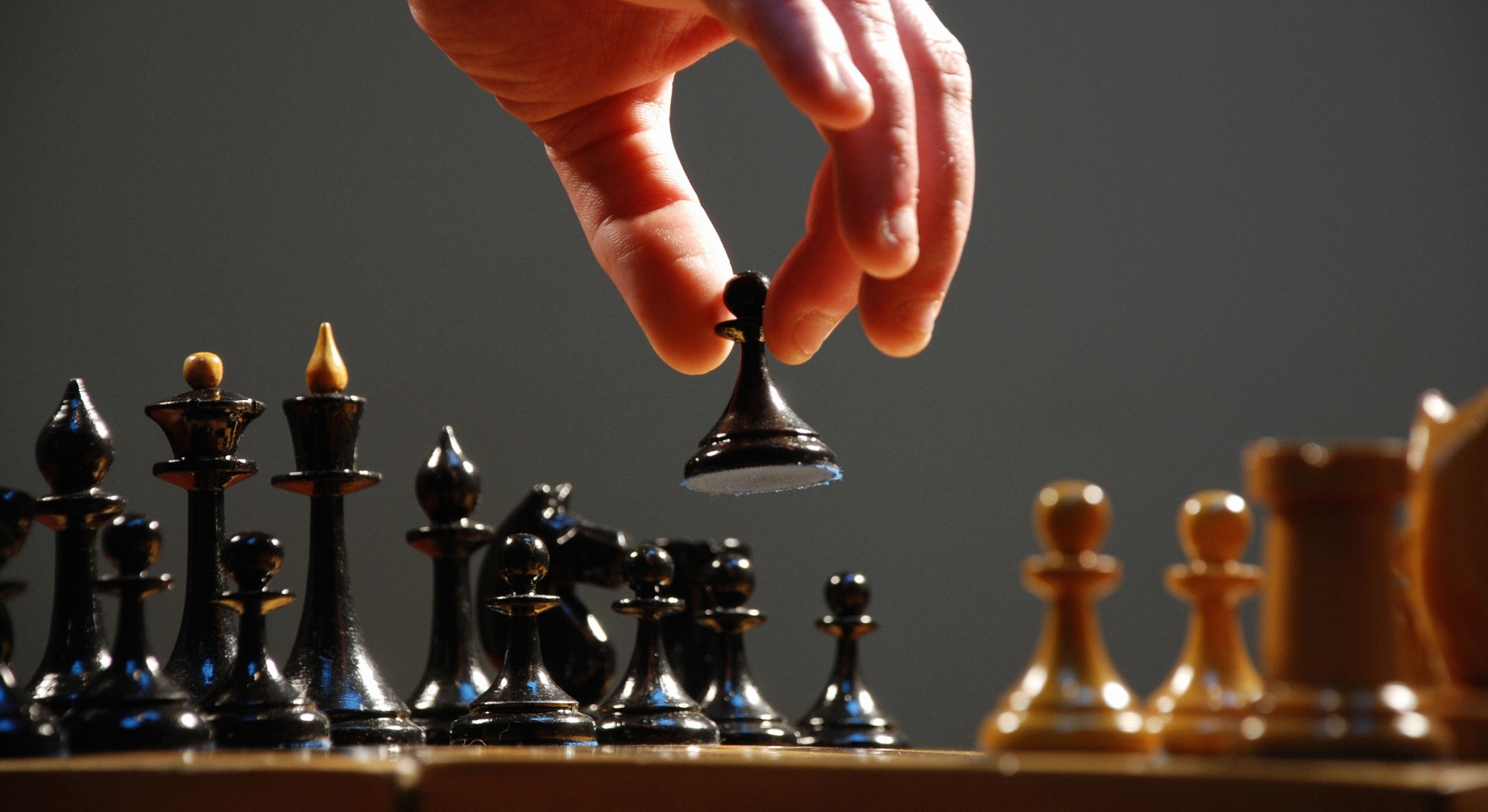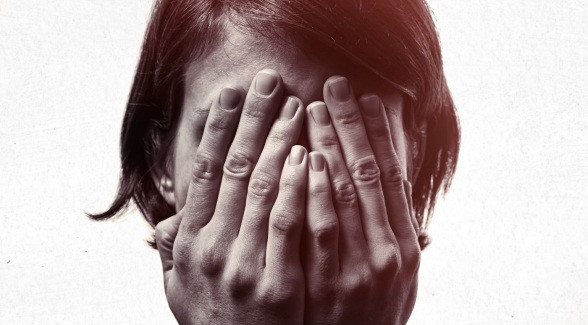William and Steven speak openly about the faith they were raised in and how they have personally identified with it. Religion can provide inner strength, a sense of belonging and community, a purpose in life, and a path to transcendence.
Watch a Short Excerpt:
Transcript (continued):
Steven: We're both raised from early age in that religion. I guess it's hard to know where to begin, I guess, when discussing how it affects your identity.
William: One of the first things that people mention when I talk about my faith is "Oh, you were brought up in that church. Okay that explains why you're so devout", rather than someone who... or I suppose in their mind that are comparing that to someone who had a different upbringing, and then later in life decides whether they want to be religious or not. But I reassure those people that, yes, even though I have that in my childhood, I was not forced to do anything. There are certain pressures, like to serve as a missionary or to get married to someone that shares your faith. We can't deny that. Just like just like there are cultural pressures in any society. So it's not really that foreign, I believe. But, I was going to say: around the time I was eight, and then again when I was 17, 18, 19 I certainly made up my own mind. I put a lot of thought into it. I made sure that no one is forcing me to make certain decisions, so that I could be certain that I want to commit to this and I want to align my life by the norms, the rules and recommendations that come with living in this religious group, but also just for myself, living with a faith that there is a God, that there is a father in heaven who watches over us, who loves us and wants the best for us. And the the ages 8 and 17, 18, 19 are so significant, you'll know this, Steve, because at 8 you get the chance to be baptized. So that is different from a lot of other Christian churches: Our baptism is by being dunked underwater for a second, just like we believe Jesus was when he lived on the earth, and that is the earliest at age 8. It also depends on your maturity and understanding of what you're getting into. And then when you are 19, and by now it's changed to 18, you get the chance to serve as a missionary, which is full-time service, trying to find people out there who are willing to listen to the message of the gospel; and if they feel so inclined they can also join the church through baptism.
Steven: Opportunity to, like all things I think in life, there should be a choice. Like, I love learning about politics. I love learning about philosophy. And you know, to just learn about them is to be taught, really, to just look at yourself, I guess. But that's, you know, why the missionaries go out. They you go out, and they try to see if anyone wants to actually learn about what the LDS Church actually teaches. And it's a lot. There's a lot of stuff there, as a Christian denomination. But there's so many, I guess we call it teachings, but like different ideals, different perspectives. You know, we talk about our upbringings in church. Yes, I was baptized at eight. I didn't serve a mission. I no longer attend. So I don't go to church anymore at the moment. I have had many positive, I guess experiences, so many spiritual experiences within the LDS church. And I think that personally everyone should experience all religion in various different forms for at least a few months, immersing yourself in that culture. Because it gives you an idea of actually the reality. Because so many assumptions are made. Like earlier on, you spoke about the "Oh, that explains why you're so devout. And it's because you're brought up in the church." Well, that's a complete assumption. Because usually it's the opposite: When you're brought in the church you feel suppressed. You feel like you want to go and find out what else is out there. If you're like us and have a self-evaluating personality, and it's a critical personality way: you criticize in a objective way your environment and your experiences. So you're like "Well, is this healthy? Is this spiritually, psychologically good? Is this where I want to be?" Because, quite frankly, we personally hate being controlled. It's in our nature as humans in general, and I think us too as individuals. We don't like to be forced to do anything. It makes us feel ill. It makes me feel ill. If I tried to do something I don't want to do, it has a weird weird effect on me. And so yes, as a teenager growing up, there was many points where I was super involved in the church, super like "Yes, I love the concepts that I'm being taught here, you know, Jesus Christ's concepts of love looking after each other, service..." As we talked about, different kinds of service. But just trying to help people. I was helped by a lot of people in the LDS Church, a lot of kind and generous people which, I guess, you'd call, you know, "Christians", who emulate that mentality. And it really made me see... I hadn't experienced that level. We always talk about in society where "Oh, you can be good without religion, or you can be good without this." And that is true. I know so many more people outside the church that are actually quite better Christians than a lot people inside most religions. But there are a lot of people in those religions who are just taking it to the next level, who are literally like, if someone bullies them or like criticize them, they just again turn the other cheek. They have that next level. Whereas most people's respons is to fight back, or you know to make a scene about it. Those little things: they don't seem like a big deal but actually make a difference in our personalities. And I met a lot of people like that where just was so lovely and kind of would do anything for you. And that's because they had tried to emulate... There are still good people without it. They tried to emulate a higher, I guess, niceness and kindness. And that made me want to to emulate that, to start off with. How about you?
William: I haven't felt bullying or control, again just certain pressures. Hut I've always had freedom to choose for myself whether I wanted to follow a certain trend or keep my distance from it. So there are lots of programs outside of regular attendance on Sundays that can help, just give you a circle of friends or other support.
Steven: It's community isn't it, that word "community".
William: Yeah. We try to have a community on all levels, not just the spiritual. So it depends on how much time you have. Some people can't even find the time to attend church on Sundays. And that's understandable, because survival comes first. We try to be there for each other. Obviously some people have more need than others to be supported, and so it'll take time for them to reach a stage in life where they can be there for others more. But we all do things for another in whatever way we can. I mean sometimes it's just a phone call to be there emotionally for someone, to listen to them, to empathize. Sometimes we physically serve by helping someone move. That's a common one. That's a popular one. Or share secondhand stuff that someone no longer needs and someone else needs. So yeah, there's a lot of give-and-take. And in that sense it's not much different from other circles or communities. But we also have that faith in common.
Steven: We'll talk about it later, I mean religion as a whole. But it's an interesting psychological and spiritual tool: to have that higher focus together of a higher being to connect one another, next level community, where it can install even more passion and community into a scenario. It can, and it can't. It can divide. All things, as we discussed in all the podcasts really, come back to specifics. You know we're making generalizations here. But the generalization is that yeah everyone tries to get along and be loving and kind and actively loving and kind. I think to me that's the difference. Because most people in society, at least in our culture, we don't actively talk and try to do, I guess, more positive things. We just do them if we feel like doing them, and if we don't if we don't. If something bad happens... This is an example here. Let's say someone's being mugged or whatever, it might be the first time you've ever experienced that. And so you don't know how to respond, and you don't know how to do anything about it. Whereas in I guess communities like a church or anything like Christian, again this is from my own subjective knowledge, is that you're trying to push, and trying to push to be ready for those things. So you do actually go and help straightaway. The Good Samaritan, I guess, the parable the Samaritan is a prime example of the kindness of that, where two opposing cultures, they actually hate each other, and are at war. One of them goes and helps the Samaritan. No sorry, I'm forgetting the parable.
William: The Samaritan helps the jew.
Steven: Yeah. To demonstrate that actually we can be prepared for these situations. We don't have to act instictively. We can already consciously be in our brains going "Okay. If someone that I don't necessarily get on with has been hurt I can go help." I think that to me is a difference between what is taught in general society and what I've been taught in the LDS Church.
William: There is this network of support, where we're not just supposed to be there for one another in general, which we try, but where each family or each person is assigned a family to look after in whatever way they can. Sometimes it's not easy to find ways to do that, but ideally there is this tight-knit network. In practice it doesn't always work out so well. But we are actively encouraged to serve one another teach one another. That's something interesting about our church: We all get a chance to teach in front of the entire congregation from time to time, maybe twice a year. It depends on the size of of the group. And also to teach one another when we get together for these, what should I call them, these supportive private meetings in someone's household. Or if you found a study group, which are available usually for teenagers and young adults.
Steven: That's how we met, isn't it.
William: Yeah.
Steven: We met through one of those teaching classes. We were both in the Edinburgh area in Scotland. It's how we kind of came to know each other. How how long ago is that now? It's got to be like six, seven...
William: Well, I was there for about four years: 2011 to 2015.
Steven: There you go.
William: Teaching and study is a big part of the religion.
Other Episodes:
Ep. 51: How Conditioned Are We ?
How much of what you do, think and feel comes from intentional, free chosing? How much of your actions and decisions are pre-programmed? You are the product of your upbringing, culture and genetics. What is out of our control? What can we influence? How can we counteract our predestination?
Ep. 50: What Am I Responsible For ?
Are you taking too little responsibility for your actions, or perhaps too much? How much are you able to understand or determine the consequences of your decisions? Are you in control of anything? Is free will an illusion? Can you do something to improve your thoughts, feelings and relationships with...
Ep. 49: Empathy Can Be A Super Power
Everyone has the choice of either living isolated from other people and their own feelings on the one hand, or to connect with others and their own emotional core. The road towards connectedness involves vulberability and weakness. But it leads to a very rewarding ability that includes deeper understanding of...
Ep. 48: Why Am I Ashamed?
What secrets do you have? What facts about you must never become known to others? What happens in our childhood that implants beliefs in us that hide away for the rest of our life? Can we uncover them deliberately? Can we regain the emotional freedom and levity that playing children...

